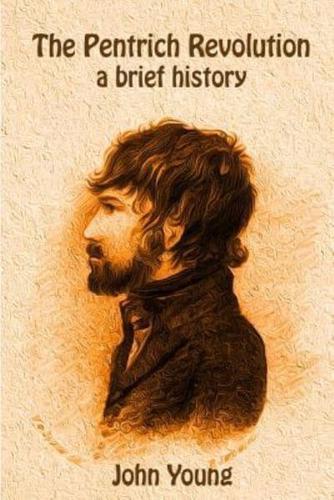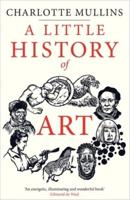Publisher's Synopsis
This 80 page book gives a brief, but full, history of the Pentrich Revolution. Illustrated with contemporary prints and modern photographs of key locations it tells the fascinating tale of how, on a wet night in June, 1817, a few hundred poorly-armed Derbyshire villagers set out to overthrow the British government. Inspired by the words of Tom Paine and driven by unemployment and hunger, they left the villages round Pentrich to join thousands of others wrongly supposed to be converging on Nottingham. After marching just thirteen miles, they were routed and scattered by a small detachment of dragoons; their rebellion was over. Most of the nation was disgusted to learn that Oliver, a spy employed by the Home Secretary Lord Sidmouth, had duped them into believing they were a small part of a nation-wide rising. Sadly for the Derbyshire rebels, they were on their own and many of them were to become the first 'commoners' to face the charge of High Treason. Their leader Jeremiah Brandreth and two others were hanged and then beheaded; these were the last ever public beheadings in England. Fourteen more were transported to Australia, never to return. More would have been punished except the government colluded with the prisoners' defence lawyers who did not present evidence of the machinations of the paid spy, Oliver. Jermiah Brandreth, also known as 'The Nottingham Captain' remains an enigmatic figure, even today. Widely portrayed by earlier writers as an unintelligent and brutal figure, recent research reveals him to have been a highly intelligent and courageous individual who bore imprisonment, trial and execution with a stoic dignity that impressed friend and foe alike. Illustrated with contemporary prints and including documents long locked away in Home office files, book offers a brief, readable account of the Derbyshire Rising and points the reader in the direction of further research. Suitably annotated, it gives a close-up view of a fascinating and significant event in British history that few people have even heard of. Fifteen years after The Pentrich Revolution, The Great Reform Act of 1832 began the process of giving many more people a voice in electing governments. Much of what the Derbyshire rebels demanded would be achieved within the next century. As the 200th anniversary approaches, the events of June 1817 are largely unknown and their charismatic hero, Jeremiah Brandreth, remains an enigma. This brief history is an attempt to bring the story of the last armed rebellion in England to the attention of a wider audience.








